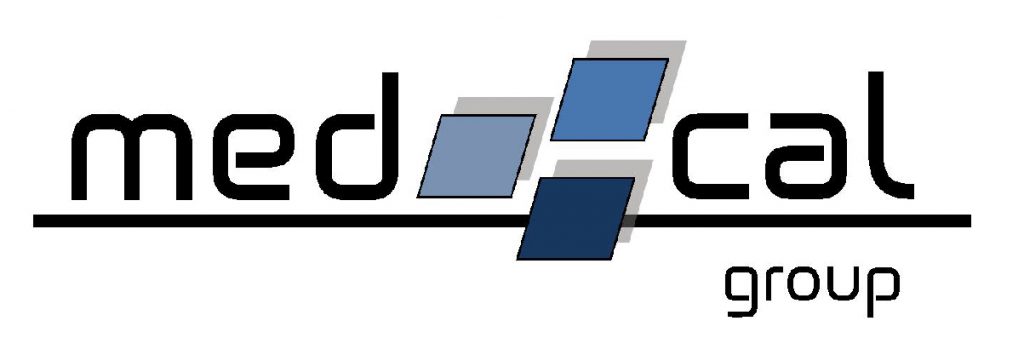
In the healthcare industry, the term ‘medical clearance’ may not only refer to the documentation and forms required for work applications, or before beginning a fitness program. It can also refer to as ‘pre-operative clearance’ or ‘surgical clearance’ among many others.
There is a lot of debate circulating on this subject. However, in the context of surgery, pre-operative clearance is a kind of authorization from a doctor or physician that tells if a patient is healthy enough to undergo surgery.
What’s the Purpose of Preoperative Clearance?
Healthcare practitioners have long been debating its purpose. While the term ‘clearance’ serves as a formal document that ‘clears’ a person for a proposed surgery, some argue that it can be misleading.
Cardiologist Dr. George Marzouka believes that “calling a preoperative evaluation a ‘clearance,’ belittles the assessment’s purpose, and provides little in terms of meaningful information to the surgeon. It misleads patients, and possibly surgeons, by implying a sense of security that is not based on reality.” According to him, preoperative clearance’s purpose is to “assess what medical problems are present and how those problems might affect a person’s operative risk.”
During surgeries, unforeseen complications can arise. That’s why preoperative clearance should be used as an assessment rather than mere documentation. However, the documentation side of preoperative clearance’s purpose is to help healthcare organizations record and assess a patient’s medical history, diagnosis, and treatment. It is important that the right coding should be attained.
The Right Way To Code A Preoperative Clearance
Every medical practice uses medical coding for patient records and documentation. This is why like any other document, a pre-op clearance should be free from errors. This will help you assess if you’re coding a surgical clearance the right way.
These are ways how to make sure you’re doing it correctly:
1. Know that not all patients require it
Determining a patient’s condition is one of the purposes of a preoperative clearance. Preoperative visits should be done if the doctor attending requires it. Most of the time, healthy patients needing minor surgeries don’t need to undergo a preoperative examination. Surgeons, too, can identify if surgery is medically necessary without the need of a preoperative clearance from a physician or specialist.
2. Identify who should perform it
Not everyone in the medical field is allowed to perform preoperative clearance. Mostly, specialists and internal medicine physicians are those who typically manage patients’ conditions that might affect them during surgery.
Most of the time, surgeons can also perform pre op clearance after the decision for surgery has been made. However, it is important to note that the surgeons’ fees for these preoperative evaluations are already included in the global surgical package and shouldn’t have separate billings.
Apart from these, the global surgical package includes related subsequent visits that happen before surgery, once a surgery decision has been made. When doing medical billings for surgery-related practices, make sure to know what fees are already included in the package, because this part is often overlooked.
3. Report at least three pre op ICD 10 codes
Processing of medical billings is heavily reliant on codes. For pre-op clearance, it will require ICD-10 codes that should have accurate information about (1) the intent for pre-op clearance (or Z01.81x), (2) The diagnosis for the requested clearance, (3) the diagnosis of the patient to undergo surgery.
You should also consider additional specifications for surgical clearance ICD-10 code Z01.81x. For example, a preoperative exam might require a cardiovascular exam, respiratory exam, laboratory exam, and other pre-procedural exams. These should be done in support of the purpose of the preoperative exam.
Related: A Beginner’s Guide To Medical Coding Terms
4. Medical necessity should be supported by documents
Like any other medical transaction and operations, a pre-operative clearance’s purpose should be supported by factual documents. This is done to justify that it is medically necessary for the patient to undergo s
This documentation must have this information:
- All the evaluated medical conditions of a patient by a physician in able to clear him for surgery
- Is the patient cleared for surgery? Why?
- Is the patient not cleared for surgery? State the reasons and the necessary course of action to push clearance.
5. Distinguish ‘Decision for Surgery’ vs ‘Clearance’
Medical terms can be misleading at times. However, it is important to know the difference between these two declarations for pre operative examination: ‘Decision for Surgery’ and ‘Clearance’. Knowing the difference is very important when processing medical billings.
A part of this is because ‘decision for surgery’ visits are subject to additional fees by the surgeons. Unlike preoperative clearance, its fees are already part of the global surgical package. Codings will also help determine this easily in a patient’s medical records. An E/M code with a -57 modifier should be reported when the encounter happens on or a day before the actual date of surgery.

Submitting Claims for Pre-Op Clearance
Before, insurance policies were used to deny claims with preoperative clearance and examination fees. This is because these examinations for pre-op clearance were tagged as ‘routine physical checkups’ which, as stated by law, is not necessary to be covered by insurance providers.
Luckily today, this was made clear to the practice. The central billing office requests insurance providers to pay for the pre-operative medical examinations as long as it’s proven to be ‘medically necessary. This claim should have the proper pre-operative ICD 10 code (Z01.810 – Z01.818) for pre-op examinations. Everything must be well recorded, including additional diagnoses and conditions that can affect the surgery and the patient.
Related: Step-by-Step Guide On How to Submit a Claim
…
Pre-op clearance should be processed flawlessly, whether it’s in the documentation or in the operation side of things. Accurate document records are not only necessary but crucial to the overall success of the operation and the patient’s recovery. Medical billings must be properly attended to in order to ensure smooth operations for the healthcare provider and the patient.
For us at the MedCal Group, we believe that the key to a patient’s loyalty depends on their overall medical experience during treatment, which includes smooth processing of medical billings. To ensure that this department is properly attended to, you can always count on our medical coding services. Send us a message if you need more info.
References:
https://www.gafp.org/coding-pre-operative-clearances-correctly/
https://www.thedoctors.com/articles/why-medical-clearance-is-really-a-preoperative-evaluation/
Last updated on 2022/07/20 | Posted on 2022/07/15

